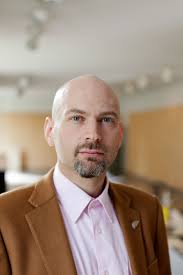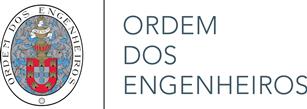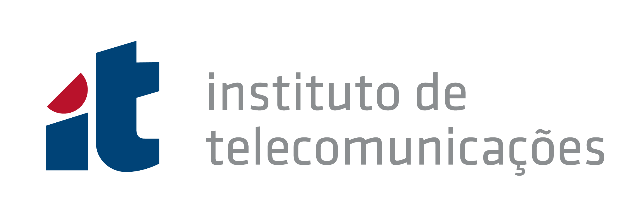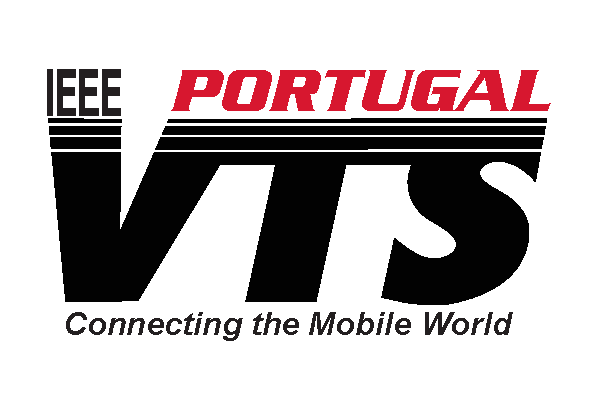Keynote Speakers
| Riku Jäntti, Department of Communications and Networking, Aalto University, School of Engineering, Finland. | ||
Ambient and Quantum Backscatter Communications Abstract: Low-power wireless communication has been identified as one of the key enabling technologies for the Internet of Things (IoT). The performance of the contemporary IoT connectivity solutions is mainly limited by congestion, interference, and limited operation time with the battery. These limitations hamper the scaling of the IoT deployments. In this talk, we envision a new solution to the IoT connectivity combining existing and emerging wireless communication systems (hereafter legacy systems) with a new layer of ultra-low-power or passive ambient backscatter communication (AmBC). It can operate under very low signal-to-noise ratio conditions, share the spectrum with legacy systems without causing harmful interference to them, and scale to support a large number of devices. We will also discuss how the emerging microwave quantum technology can be utilized to enhance the performance of backscatter communications beyond the limits of classical solutions.  Nota Biográfica Riku Jäntti is a Full Professor of Communications Engineering and the head of the Department of Communications and Networking at Aalto University School of Electrical Engineering, Finland. He received his M.Sc (with distinction) in Electrical Engineering in 1997 and D.Sc (with distinction) in Automation and Systems Technology in 2001, both from Helsinki University of Technology (TKK). Prior to joining Aalto (formerly known as TKK) in August 2006, he was professor pro tem at the Department of Computer Science, University of Vaasa. Prof. Jäntti is a senior member of IEEE and associate editor of IEEE Transactions on Vehicular Technology. He is also IEEE VTS Distinguished Lecturer (Class 2016). The research interests of Prof. Jäntti include radio resource control and optimization for machine type communications, Cloud-based Radio Access Networks, spectrum and co-existence management, and quantum communications. | ||
| Dipankar Raychaudhuri, Director, WINLAB | Distinguished Professor, ECE, Rutgers University | ||
COSMOS: An Open Programmable City-Scale Research Testbed for 5G and Beyond Abstract: This talk presents an overview of the new COSMOS testbed being developed jointly by Rutgers, Columbia and NYU under the National Science Foundation’s recently announced Platforms for Advanced Wireless (PAWR) program. The COSMOS testbed has a particular focus on "beyond 5G” ultra-high bandwidth and low latency communication tightly integrated with edge computing, and is thus intended to provide a suitable platform for real-world evaluation of future edge-cloud enhanced mobile networks and services. Motivating applications such as augmented reality, cloud-assisted vehicular and smart intersection are identified in terms of typical functionality and bandwidth/latency requirements. The COSMOS open, programmable testbed architecture based on software-defined radios (SDR), cloud radio access networks (CRAN), software defined x-haul networks (SDN) and mobile edge cloud (MEC) is given. Key technologies in COSMOS including SDR base stations, mmWave radio, optical wavelength division switching, next-generation mobile core network and distributed edge cloud will be discussed. Plans for COSMOS deployment in uptown Manhattan along with a future roadmap for the project are given in conclusion.  Nota Biográfica Dipankar Raychaudhuri is Distinguished Professor, Electrical & Computer Engineering and Director, WINLAB (Wireless Information Network Lab) at Rutgers University. As WINLAB's Director, he is responsible for an internationally recognized industry-university research center specializing in wireless technology. He is also Principal Investigator for several large U.S. National Science Foundation funded projects including the "ORBIT" wireless testbed, the "MobilityFirst” future Internet architecture and the "COSMOS” Platforms for Advanced Wireless Research (PAWR) program. Dr. Raychaudhuri has previously held corporate R&D positions including: Chief Scientist, Iospan Wireless (2000-01), Assistant General Manager & Department Head, NEC Laboratories (1993-99) and Head, Broadband Communications, Sarnoff Corp (1990-92). He obtained the B.Tech (Hons) from IIT Kharagpur in 1976 and the M.S. and PhD degrees from SUNY, Stony Brook in 1978, 79. He is a Fellow of the IEEE and the recipient of several professional awards including the Rutgers School of Engineering Faculty of the Year Award (2017), IEEE Donald J. Fink Award (2014), Indian Institute of Technology, Kharagpur, Distinguished Alumni Award (2012), and the Schwarzkopf Prize for Technological Innovation (2008). . |
 |  |
 |  |
